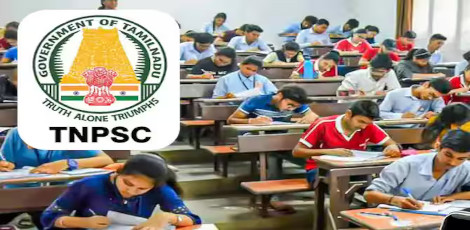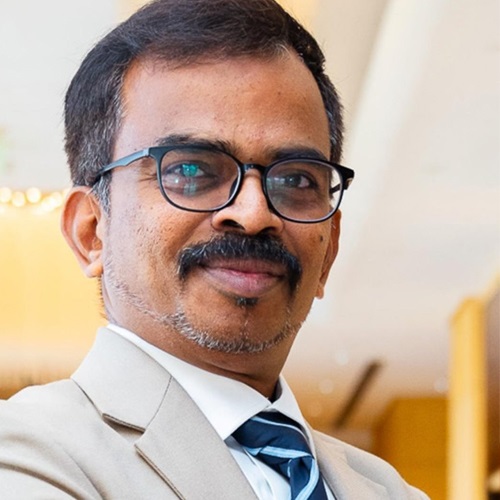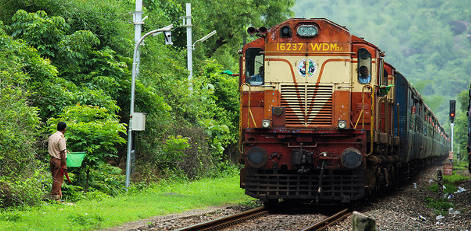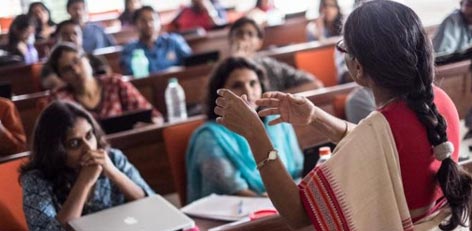AHPI flags three areas of concern in draft NMC Bill, asks Government to take remedial measures
Posted on: 06/Feb/2018 6:46:51 PM

The Tamil Nadu Chapter of Association of Healthcare Providers (India) has flagged three key concerns in the draft National Medical Commission (NMC) Bill 2017, and asked the Government to take remedial measures to ensure a world-class regulatory framework for healthcare and medical education.
Explaining the problem areas in the NMC Bill, Dr. S Gurushankar, President of AHPI�s TN Chapter, said: �First, in the proposed NMC Bill, the proportion of elected representatives from the medical fraternity is only 20 percent. This is grossly inadequate and flies against democratic principles of fair representation. This percentage needs to be increased. Second, the founding principles of modern medicine are evidence-based and rooted in standard treatment protocols. They have nothing in common with the traditional systems of medicine (AYUSH). We strongly feel that mixing up these two disparate systems through bridge courses will be wholly inappropriate. It will severely undermine patient safety and promote quackery. Third, imposing another National Licentiate Examination on medical students after the successful completion of MBBS examination is superfluous. However, those aspiring to do PG courses can be made to appear for a common PG entrance exam.�
Added Dr. S Gurushankar: �Reforms in the Indian healthcare delivery system are closely linked with medical education. It is therefore imperative that the new regulatory framework being set up addresses these challenges. The NMC Bill should lay the foundation to take the Indian healthcare system to the next level and make Universal Health Coverage a reality in near future. On the positive side, the NMC Bill will once and for all resolve the issue of equivalence between MD/MS and NBE degrees and there will be no disparity. It also gives great importance to monitoring the quality of Institutions. This will help produce quality medical professionals in the country.�
The Parliamentary Standing Committee in its report of March 8, 2016 had highlighted the various challenges faced by the health sector in India. There are huge gaps in the availability of qualified doctors, specialists and super-specialists across the country. There is also a significant geographical mal-distribution of medical colleges, two-third of which are situated in regions that account for only one-third of India�s population. The regulatory framework for medical education in India is grossly inadequate and ineffective, with a total disconnect with the actual needs of the Indian healthcare sector. A need has long been felt to reform medical education in the country. The Government of India came up with the draft NMC Bill 2017 to creating a robust medical education regulatory system.








